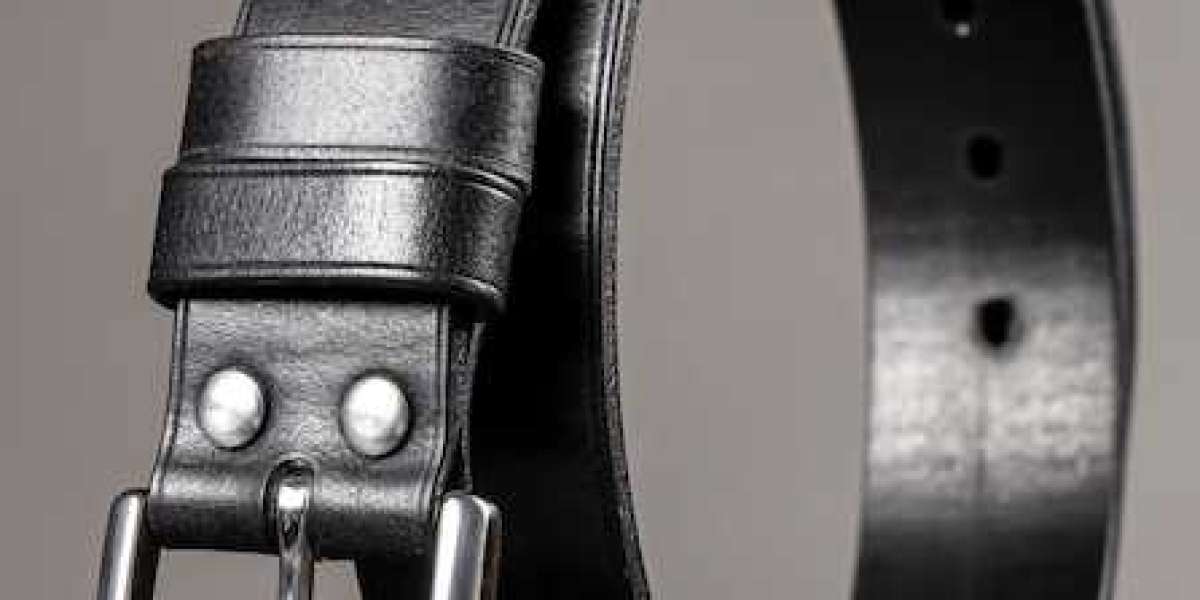An insufficient luteal phase is the most common cause of infertility, and yet only 3% of women and cyclical beings know how to expertly track their cyclical biomarkers and correctly identify the features of a healthy luteal phase. That makes me a little lot rageful! So let's change that!
Firstly, all cyclical beings are on a continuum from puberty to menopause and beyond. As such, we can all expect some cyclical variations as we journey that contimuum. However, during peak/mid reproductive stages our cycle should indicate healthy cyclical regulation.
Your health decisions from menarche to menopause and beyond should be informed by an understanding of healthy functioning of the cycle, and observations of your cyclical patterns, so that you can be empowered and educated in your choices with informed consent.
As a FEMM Educator, a part of my job is to support you to learn about your anatomy, how your cycle and hormones function, identifying the phases of the cycle, identifying times of fertility, education around family planning options, and to identify possible hormonal imbalances and health issues.
Your cycle is a work of art! Hormones regulate every system in your body, and your general and reproductive health depends on optimal hormone function.
All hormones have to work in concert with each other and reach sufficient levels. This is why the problem is often never where you think it is! If you take one thing away from this blog today, let it be this...
A healthy luteal phase is DIRECTLY dependant on a healthy follicular phase. A healthy luteal phase requires a healthy follicular phase.
If a luteal phase defect is a main cause of infertilty and miscarriage, why don't we know more about it? Your luteal phase is the ultimate cyclical wisdom keeper, becuase it is a real truthteller and will hold you accountable to where you are in and outside of alignment in soooo many ways!
Here are 6 things I think you should know....
1: The cycle can be divided into 3 phases:
- Pre-ovulatory- Follicular
- Ovulatory
- Post- Ovulatory -Luteal
It's important to focus attention on ovulation as the main event of the cycle, for determining hormonal health and managing fertility. Ovulation sets a border seperating each of the phases.
2: The luteal phase is the time of the cycle dominated by the activity of the corpus luteum. It begins after ovulation and ends on the last day of the cycle. A healthy luteal phase reflects that ovulation occured and the corpus luteum formed.
3: The length of the luteal phase normally does not change significantly from cycle to cycle.
4: A luteal phase of 9-18 days from Peak day indicates sufficient hormone levels to support a pregnancy and overall health.
5: if pregnancy does not occur, the G (progestogenic) mucus dissolves and the lining of the uterus sheds in menstruation, beginning a new cycle.
6: In a coordinated manner, the ovary produces the hormone oestrogen (before ovulation) and the hormone progesterone (after ovulation). These hormones influence all the activity of the reproductive system as well as general health. Oestrogen and progesterone influence the uterus and the cervix. An insufficient follicular phase can lead to progesterone hormonal imbalances in your luteal phase.
So first up, are you tracking your cycle? -Gentle nudge, you for sure should be!
And how long is your luteal phase? The science and mystery of your cyclical wisdom lights me up, so I really wanna know!
Have questions for me? Great, I love to connect with you, share all of your juicey Q's in the comments.








